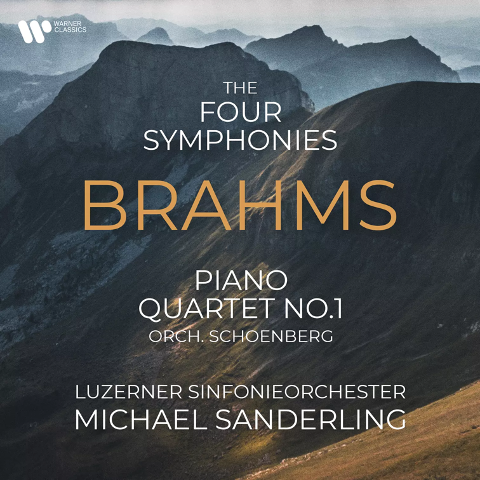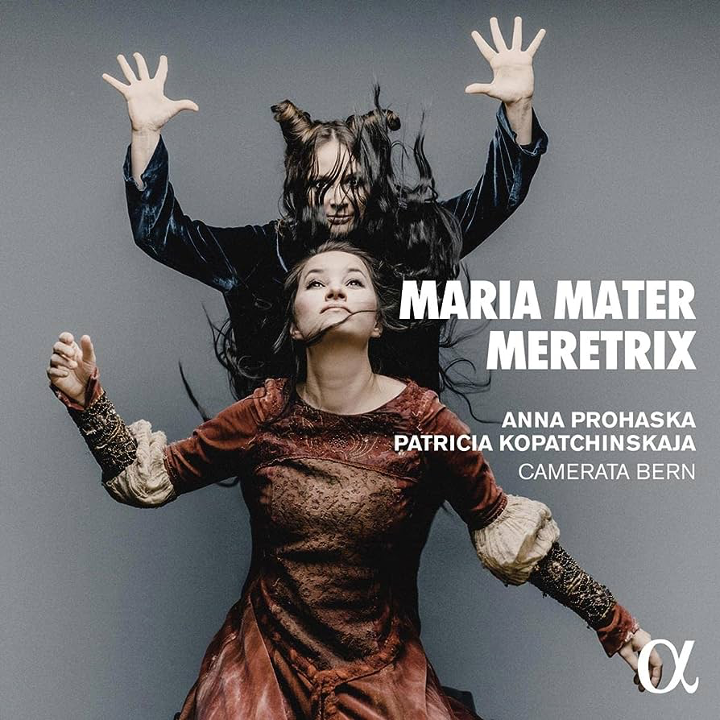CHILDHOOD TALES – ISATA KANNEH-MASON
Childhood Tales by Isata Kanneh-Mason, Piano – A Whimsical Journey Through Time
Richard Phillips, May 2023
Isata Kanneh-Mason’s latest album, “Childhood Tales,” is a captivating and deeply personal musical journey that takes listeners on a whimsical exploration of fond memories and inspirations. This album stands out as her most enchanting and emotive work to date, demonstrating her mastery of the piano and the profound connections she has with the featured repertoire.
The centerpiece of the album is Dohnányi’s Variations on a Nursery Song, which proves to be a delightful opening to this musical adventure. The familiar nursery theme receives delightful and unexpected twists and turns, offering a fresh perspective on the melody. One cannot help but smile at the playful interchange between the piano and bassoon, adding a touch of humor to the composition. The Royal Liverpool Philharmonic Orchestra’s contribution to the third variation is simply awe-inspiring, sweeping listeners off their feet with buoyant and well-executed ebbs and flows. Here, Kanneh-Mason’s piano takes on a more supportive role, blending harmoniously with the dreamy character of the piece. Although her rolling arpeggios perfectly fit the mood, a bit more sparkle during Dohnányi’s delightful runs could have added an extra layer of magic. The finale radiates a Mozartean or early-Beethovenian flair, featuring a captivating opening dialogue and light, intricate textures that follow. The orchestra’s light yet pristine playing generates an exciting buzz that crescendos into a jubilant and virtuosic conclusion, leaving the audience exhilarated.
In a brilliant thematic overlap, Kanneh-Mason includes Mozart’s “Ah vous dirai-je, maman,” a delightful addition to the musical narrative. Her performance showcases her effortless fast fingerwork and impeccable ornamentation, capturing the essence of the composition. However, while her technical prowess is evident, some listeners may crave a more distinctive and personalized interpretation. The repetition of phrases, particularly in the theme, lacks sufficient variation, resulting in a somewhat two-dimensional presentation. To experience a more creatively expressive rendition, one might explore Lang Lang’s version (DG), where his imaginative articulation and dynamic choices embrace the improvisatory spirit of the piece.
“Childhood Tales” is a magical and entrancing album that invites listeners to revisit their own cherished memories and relive the joys of youth. Isata Kanneh-Mason’s exceptional pianism is evident throughout the album, but what truly sets this work apart is the heartfelt connection she establishes with each piece, allowing listeners to be drawn into her own world of reminiscence. The album’s ability to evoke nostalgia and transport audiences to a place of wonderment and innocence deserves high praise.










